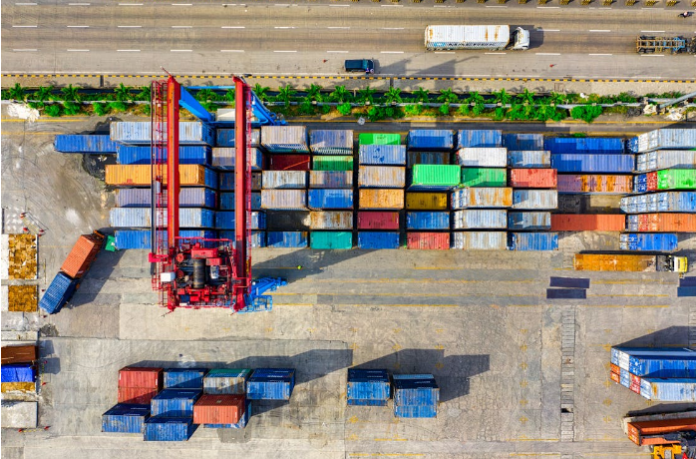
Photo by Tom on Pexels
Sustainability is now a priority focus in most sectors. More businesses are actively looking for ways of reducing their footprint. The storage and logistics sector is one notable area of change, where previous containers have always contributed to waste and pollution.
This growing demand has led to the introduction of sustainable options. These solutions are designed to minimize waste while improving operational efficiency. This enables businesses to significantly reduce their footprint.
The Impact on Logistics Industry
The logistics/storage sector plays a crucial role in completing global trade. It allows for the movement and storage of goods across regions. Unfortunately, this industry is the largest contributor to environmental challenges, especially high carbon emissions and waste.
In response to these issues, logistic companies have increasingly adopted sustainable practices, with sustainable containers being at the forefront. The adoption of these containers has transformed the industry in the following ways.
Reduced Environmental Footprint
The most significant impact of switching these container options is the reduction of environmental harm. Previous containers made from single-use materials and other non-eco-friendly materials contribute to the accumulation of landfill waste. Conversely, sustainable options are made from reusable and biodegradable materials, which minimize waste generation. For instance, these containers can be used several times, eliminating the pressure of producing new materials.
The logistics industry is also known for consuming a lot of energy, especially during transport. Most containers are lightweight and allow for efficient use of space. This significantly reduces fuel consumption and emissions during transport.
Enhanced Operational Efficiency
Unlike previous materials, sustainable options are designed with efficiency in mind. This helps companies optimize the transportation and storage of goods. Their modern design allows for efficient use of space in warehouses. Better utilization of storage space in warehouses and shipping containers reduces the number of trips required to move products, further lowering fuel costs.
Sustainable containers are also more durable than previous options. This means they can last longer, reducing operational costs related to container maintenance and repairs. Most companies have adopted sustainable containers to improve their operational efficiency and reduce waste. Store It Quick in Sikeston is one such facility with advanced, eco-friendly storage options that meet personal and business needs.
Responding to Customer and Market Demand
Modern customers are more eco-conscious, which explains the demand for greener business practices. Companies that have embraced these practices can effortlessly improve their brand image and attract like-minded customers. This shift is especially beneficial for companies targeting the international market, where environmental standards are becoming stricter.
By integrating sustainable containers into their operations, logistics, and storage companies position themselves as industry leaders in sustainability. This strengthens their competitive edge and meets the expectations of eco-conscious customers.
Endnote
Embracing sustainable storage containers offers plenty of benefits beyond reducing environmental impact. The future of this industry is certainly tied to sustainability. As technological advancements continue improving the design and functionality of eco-friendly containers, innovative solutions addressing environmental concerns and logistical challenges will likely take over. Businesses investing in sustainable solutions are in better positions to stay ahead of regulatory changes and shifting customer preferences.




